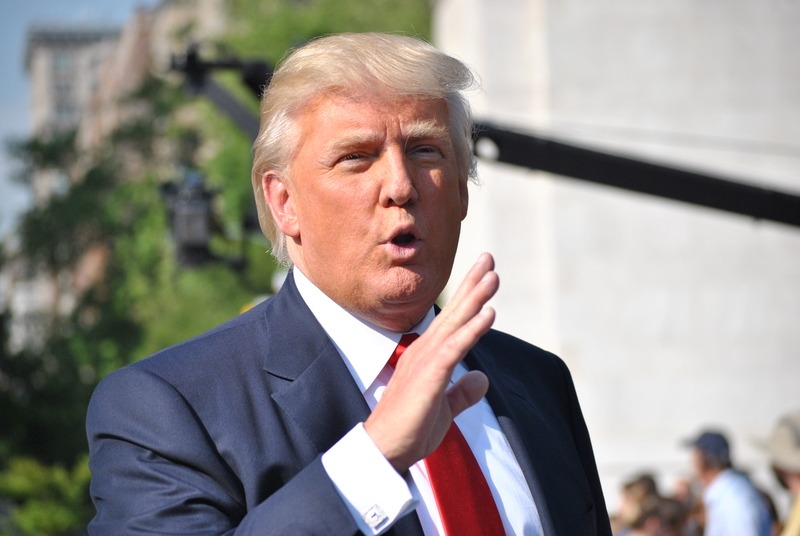At a recent Iowa campaign event, former President Donald Trump sparked controversy by suggesting that the American Civil War might have been avoidable through negotiation. This claim, made on the third anniversary of the Jan. 6, 2021 Capitol riot, was quickly met with criticism from various civil rights organizations and historians.
Trump characterized the Civil War, which erupted in 1861, as both “fascinating” and “horrible,” proposing that negotiations could have potentially averted the bloodshed. “So many mistakes were made,” he said. “See, there was something I think could have been negotiated, to be honest with you. I think you could have negotiated that. All the people died. So many people died.”
The response to Trump’s statement was immediate and critical. One historian described the former president’s statement as “elementary school nonsense” and “historically ignorant.”
Charles V. Taylor Jr., the executive director of the Mississippi NAACP, strongly opposed the notion of negotiating over human rights.
Svante Myrick, president of People For the American Way, a progressive advocacy organization, criticized Trump’s comments as displaying a profound misunderstanding of American history.
LaTosha Brown, co-founder of Black Voters Matter, accused Trump of catering his comments to Confederate sympathizers and those with white supremacist ideologies.
Numerous historians have disputed Trump’s notion that the Civil War was negotiable. David Blight, a Yale University history professor and Pulitzer Prize-winning author on abolitionist Frederick Douglass, dismissed Trump’s remarks as politically motivated historical fantasy.
Harold Holzer, an expert on Lincoln, asserted that no credible historian believes the Civil War could have been averted through compromise, as the conflict centered fundamentally on the issue of slavery.
James Grossman, the executive director of the American Historical Association, expressed to The Washington Post that the reluctance of southern states to engage in negotiations was, to some extent, due to the problem concerning escaped slaves.
Trump’s increasingly incendiary campaign rhetoric has drawn parallels to dictatorial figures like Adolf Hitler by his political adversaries. His commentary on various topics, including immigration and conspiracy theories, has contributed to the polarizing nature of his public statements.
The former president’s comments reignited discussions about the Civil War’s roots in slavery. Historians highlighted that southern states had already left the Union by the time Lincoln assumed the presidency, making any negotiation unlikely. Lincoln’s decision to resupply federal installations, such as Fort Sumter in South Carolina, was a key event leading to the outbreak of war.
Prior to the Civil War, there were several attempts at negotiation and compromise concerning slavery, including the Missouri Compromise, but these efforts failed to address the core dispute over slavery’s expansion. The Civil War resulted in an estimated 620,000 deaths and led to the abolition of slavery while reaffirming the United States as a unified nation.
Trump’s remarks about the Civil War have been criticized for their historical inaccuracy and for minimizing the significant impact and human cost of the conflict. As the 2024 election draws nearer, Trump’s interpretation of the Civil War and his campaign rhetoric continue to spark heated debates and criticism, underlining the deep divisions in historical understanding and current political discourse.











